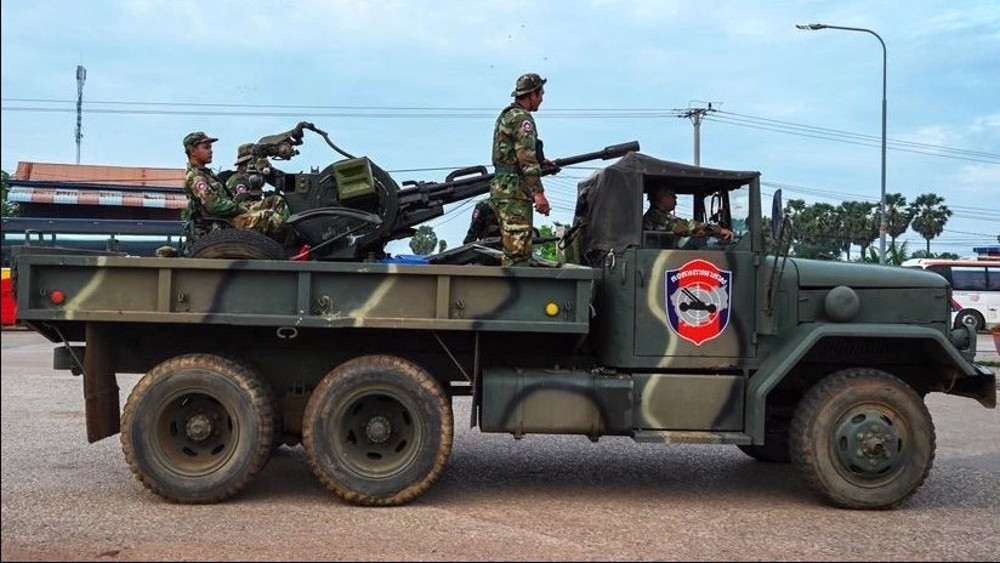'Rajoy, Puigdemont policies escalating tensions in Spain'
Clouds of ambiguity are hovering over the future of Spain’s Catalonia region with the leaders of both sides engaged in a war of words over the next course of action. Madrid has announced plans to suspend the region’s autonomy and call new elections, which has faced resistance from Catalonia’s president who said the region won’t accept such humiliation. What is next for Madrid and Barcelona in their standoff? Press TV has asked political analyst Neiza Fabiola Soliz and Latin America expert Javier Farje to give their opinions.
Javier Farje maintains that Spain’s Prime Minister Mariano Rajoy has no choice at the moment except to implement Article 155 of the Constitution in a bid to block the illegal independence referendum held by the Catalan leaders.
As per Article 155, “when an autonomous region does not fulfill its obligations, the government has to intervene and impose its rule,” Farje noted.
The problem is that the Socialist Party, which supports the government, wanted a limited application of Article 155, while Rajoy has decided to go with all guns blazing, he continued.
Farje censured both Rajoy and the President of Catalonia Carles Puigdemont for their reckless policies, the continuation of which would definitely bring about more violence and chaos.
According to the analyst, the response given by Rajoy to Catalonia's independence referendum was excessive and counterproductive
and will ultimately help the pro-independence camp in Catalonia to gain more followers.
“We have Puigdemont on the other hand who is pushing an independence that the majority of the Catalans do not want. We have to be very clear about that. The majority of people in Catalonia did not vote in the referendum to achieve independence and Puigdemont does not represent in that respect the majority of the people in Catalonia,” he concluded.
Catalonia held a banned referendum on secession on October 1. The Catalan leader claimed that 90 percent of voters had backed secession, but the turnout was put at only 43 percent.

Meanwhile, the other panelist Neiza Fabiola Soliz opined that as long as the Catalans and the central government fail to resolve their economic differences, there would be no political breakthrough.
The main problem is that Catalans are tired of being economically exploited by the government and the monarchy of Spain, but the central government does not want to accept this reality because the secession of Spain’s wealthiest region would severely affect the country’s economy, Soliz analyzed.
Iran dismisses Nazi-style propaganda on riot death toll
Israel kills more civilians in Gaza amid relentless ceasefire violations
VIDEO | Press TV's news headlines
Israeli soldier fakes kidnapping of Palestinian to extort family
US nurses demand ICE be abolished after colleague killed in immigration crackdown
Lebanon failing prisoners held by Israel, Hezbollah chief says
VIDEO | US deliberately harms Iranian civilians
VIDEO | Venezuela is just the beginning









 This makes it easy to access the Press TV website
This makes it easy to access the Press TV website